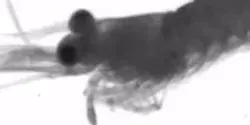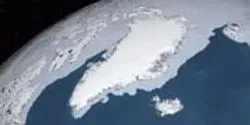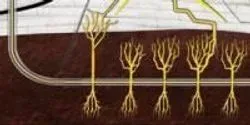Earth Science

University of Delaware researcher Jonathan Cohen is using a new technology to analyze and quantify zooplankton in the Delaware Bay.

It’s the ultimate location for a “no-gravity control” experiment—space. When NASA launches its SpaceX Dragon rocket from Cape Canaveral, Fla. on Tuesday, Jan. 6, a Southern Illinois University Edwardsville research project will be on board, traveling to the International Space Station.

The Taj Mahal’s iconic marble dome and soaring minarets require regular cleaning to maintain their dazzling appearance, and scientists now know why. Researchers from the United States and India are pointing the finger at airborne carbon particles and dust for giving the gleaming white landmark a brownish cast.

Growing concerns about water scarcity and climate change have given rise to a new branch of research that has found its way to Clemson University and could help deal with some the globe’s biggest environmental challenges.

The University of Delaware’s Mark Moline knew that his grandfather, O. Karl Olander, was a Navy chaplain in the Pacific during World War II. But it wasn’t until his mother shared his grandfather’s journal and scrapbook that Moline realized his grandfather had been on the USS Princeton, one of the aircraft carriers that attacked Palau in March 1944.

As the Appalachian Region feels the impact of the burgeoning shale-energy industry, a consortium of researchers and industrial partners led by West Virginia University, with the assistance of The Ohio State University, will conduct the first-ever long-term, comprehensive field study of a natural resource that has changed the country’s – and the world’s – energy supply.

Lake Erie has become increasingly susceptible to large blooms of toxin-producing cyanobacteria since 2002, potentially complicating efforts to rein in the problem in the wake of this year's Toledo drinking water crisis, according to a new study led by University of Michigan researchers.

A Virginia Tech geobiologist with collaborators from the Chinese Academy of Sciences have found evidence in the fossil record that complex multicellularity appeared in living things about 600 million years ago – nearly 60 million years before skeletal animals appeared during a huge growth spurt of new life on Earth known as the Cambrian Explosion.

Up to half of the water on Earth is likely older than the solar system itself, University of Michigan astronomers theorize.











